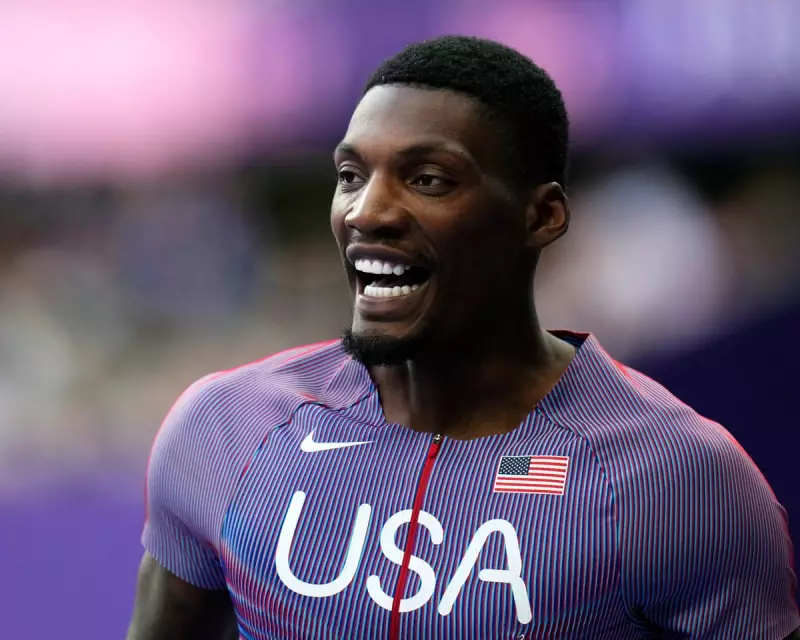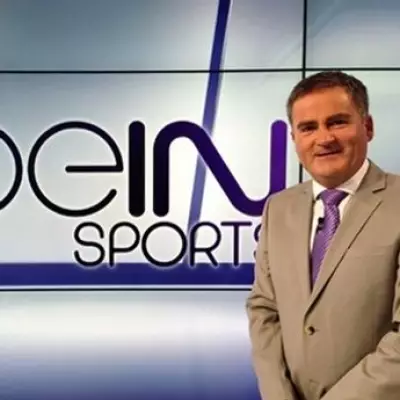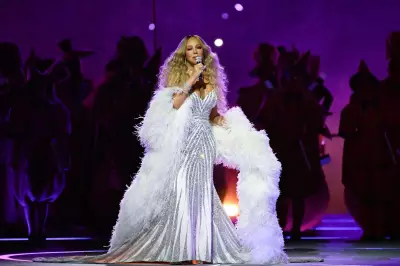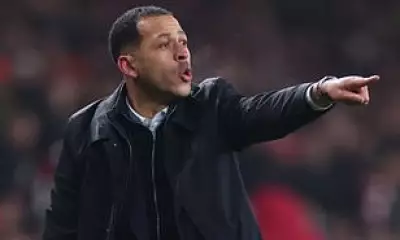
The sporting world is braced for a seismic shift as the controversial Enhanced Games confirms its first major target: Olympic silver medallist and US sprinting sensation Fred Kerley. In a move designed to shake the foundations of traditional athletics, the event's organisers are also aggressively pursuing a roster of British sporting stars to form the cornerstone of their new competition.
The brainchild of Australian entrepreneur Aron D'Souza, the Enhanced Games proudly positions itself as a radical alternative to the Olympics, with one fundamental and provocative difference: it actively permits the use of performance-enhancing drugs. D'Souza's philosophy is one of "radical transparency," arguing that since doping persists clandestinely in mainstream sports, it should be brought into the open, monitored by science, and celebrated for pushing human limits.
British Talent in the Crosshairs
The games' recruitment strategy is in full swing, with a significant focus on UK talent. D'Souza revealed that his team has already begun formal talks with several prominent British Olympians and is meticulously identifying potential candidates across a spectrum of sports, including swimming, athletics, and gymnastics.
This direct approach to British stars signifies the organisation's ambition to launch with a roster of high-profile, marketable athletes capable of drawing global attention and, crucially, significant broadcast deals.
Fred Kerley: The Flagbearer for a Movement?
The public courting of Fred Kerley, the 2022 world 100m champion and one of track and field's most recognisable figures, marks a major escalation. Kerley's potential involvement would provide the nascent games with instant credibility and a headline-grabbing superstar.
While the full extent of Kerley's engagement remains unclear, his appearance at the games' press conference in London has sent a powerful message to the sporting establishment. His association alone challenges the strict anti-doping ethos upheld by organisations like World Athletics and the International Olympic Committee.
A Philosophical Clash and Legal Firestorm
The proposal has, unsurprisingly, ignited a firestorm of criticism. Mainstream sporting bodies, health experts, and ethics committees condemn the concept as dangerously irresponsible, arguing it glorifies drug use, poses severe health risks to athletes, and undermines decades of work in clean sport.
D'Souza and his supporters counter these claims, stating that enhanced safety protocols under medical supervision would make the event safer than the current black market in undetectable substances. They frame it as an issue of personal freedom and scientific progress.
Despite the moral debates, a significant legal hurdle has already been cleared. D'Souza confirmed that high-powered lawyers have assured him the games are legally sound and protected under law, giving the green light for plans to proceed towards a proposed first event in 2025.
The sporting landscape is now watching intently, waiting to see if the promise of multi-million dollar prizes and a new competitive philosophy will be enough to lure the world's best athletes away from tradition.





